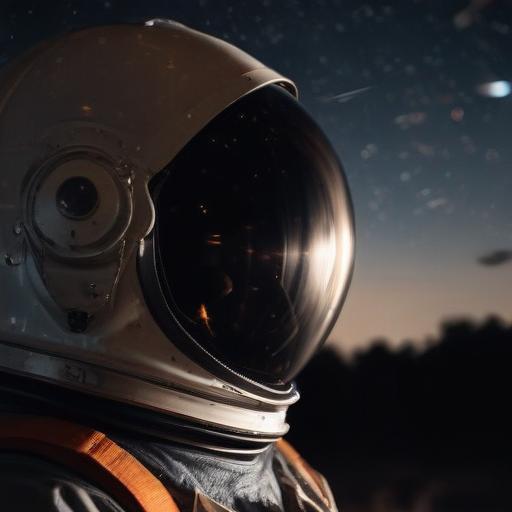James Lovell, a celebrated astronaut and commander of the Apollo 13 mission, passed away at the age of 97 in Lake Forest, Illinois, as announced by NASA. Lovell’s legacy is deeply intertwined with the history of space exploration, particularly for his crucial role in transforming a potentially disastrous moon mission into a testament of human resilience and ingenuity.
Lovell’s career at NASA spanned four significant missions: Gemini 7, Gemini 12, Apollo 8, and Apollo 13. Notably, Apollo 8 made history in 1968 as the first crewed mission to leave Earth’s orbit, circle the moon, and return safely, propelling the United States ahead in the space race against the Soviet Union. During the mission, Lovell and his crew famously delivered the first images of Earth from lunar orbit and read a segment from the Book of Genesis on Christmas Eve, offering a moment of peace in a tumultuous year.
The Apollo 13 mission in April 1970, however, is perhaps what Lovell is best remembered for. An oxygen tank explosion in the service module jeopardized the crew’s safety and abandoned their landing attempt. Lovell, along with fellow astronauts Fred Haise and Jack Swigert, faced a staggering crisis, spending four days in a lunar module that served as a lifeboat while navigating their way back to Earth using improvised solutions. In a 1994 interview, Lovell highlighted the mission’s paradoxical success: “Not that we accomplished anything, but a success in that we demonstrated the capability of (NASA) personnel.”
His calm demeanor and leadership during the crisis have been immortalized in the 1995 film “Apollo 13,” wherein Tom Hanks portrayed Lovell. The film brought renewed attention to Lovell’s experience, particularly the famous line, “Houston, we have a problem,” which has since entered the public lexicon.
Lovell’s contributions as an astronaut were not only technical but also inspirational. In reflecting on his career, he once noted that true character is revealed in moments of crisis. His words encapsulate a belief in the enduring spirit of exploration, demonstrating that challenges can often create the most profound lessons and legacies.
In addition to his storied career, Lovell was a devoted family man, leaving behind a legacy that includes four children. His passing marks the end of an era for many in the space community, but his remarkable achievements and spirit of perseverance will continue to inspire future generations in the pursuit of exploration and discovery.
James Lovell’s journey from a young boy fascinated by the stars to a key figure in space history serves as a powerful reminder of human determination and ingenuity in the face of adversity.
